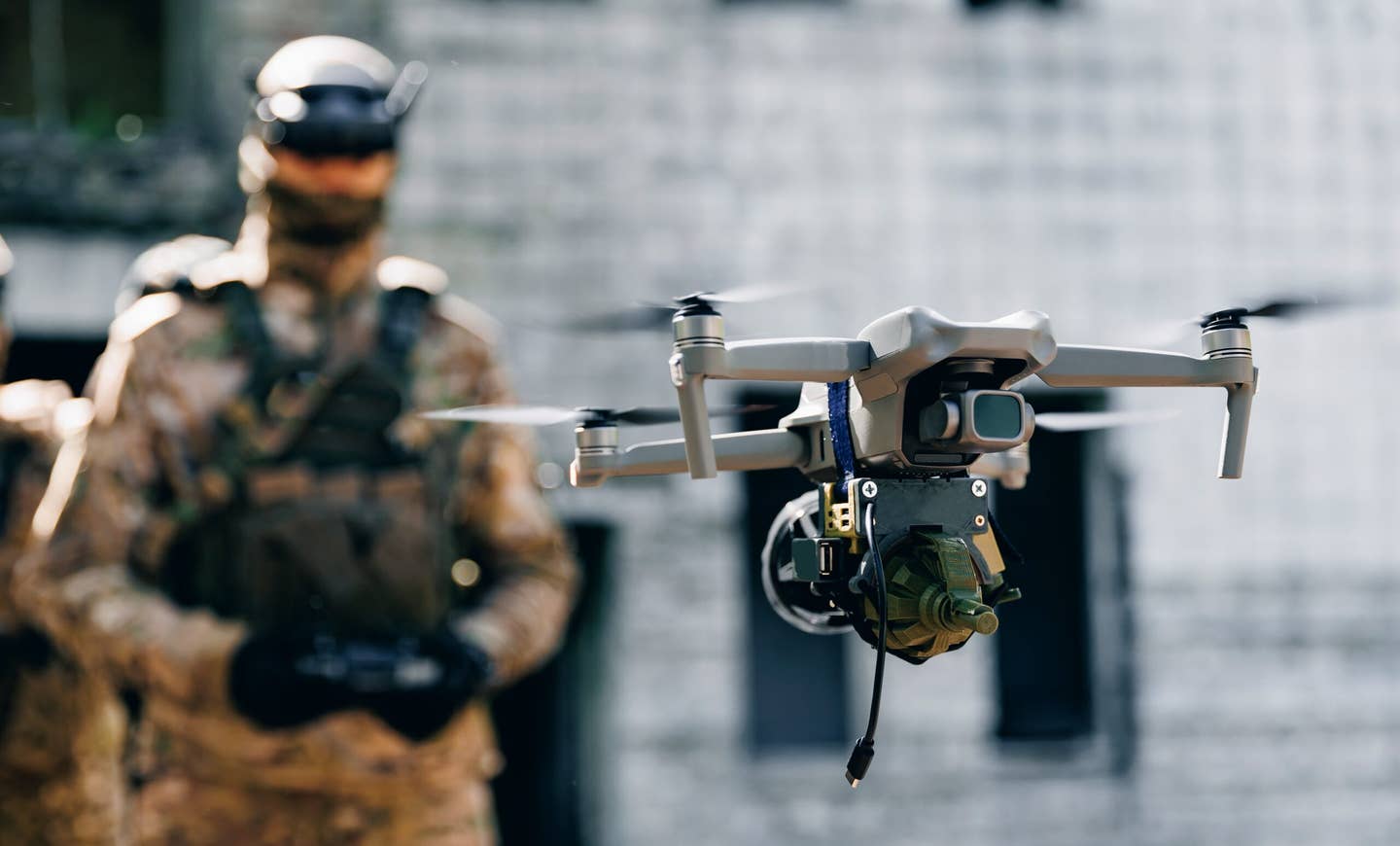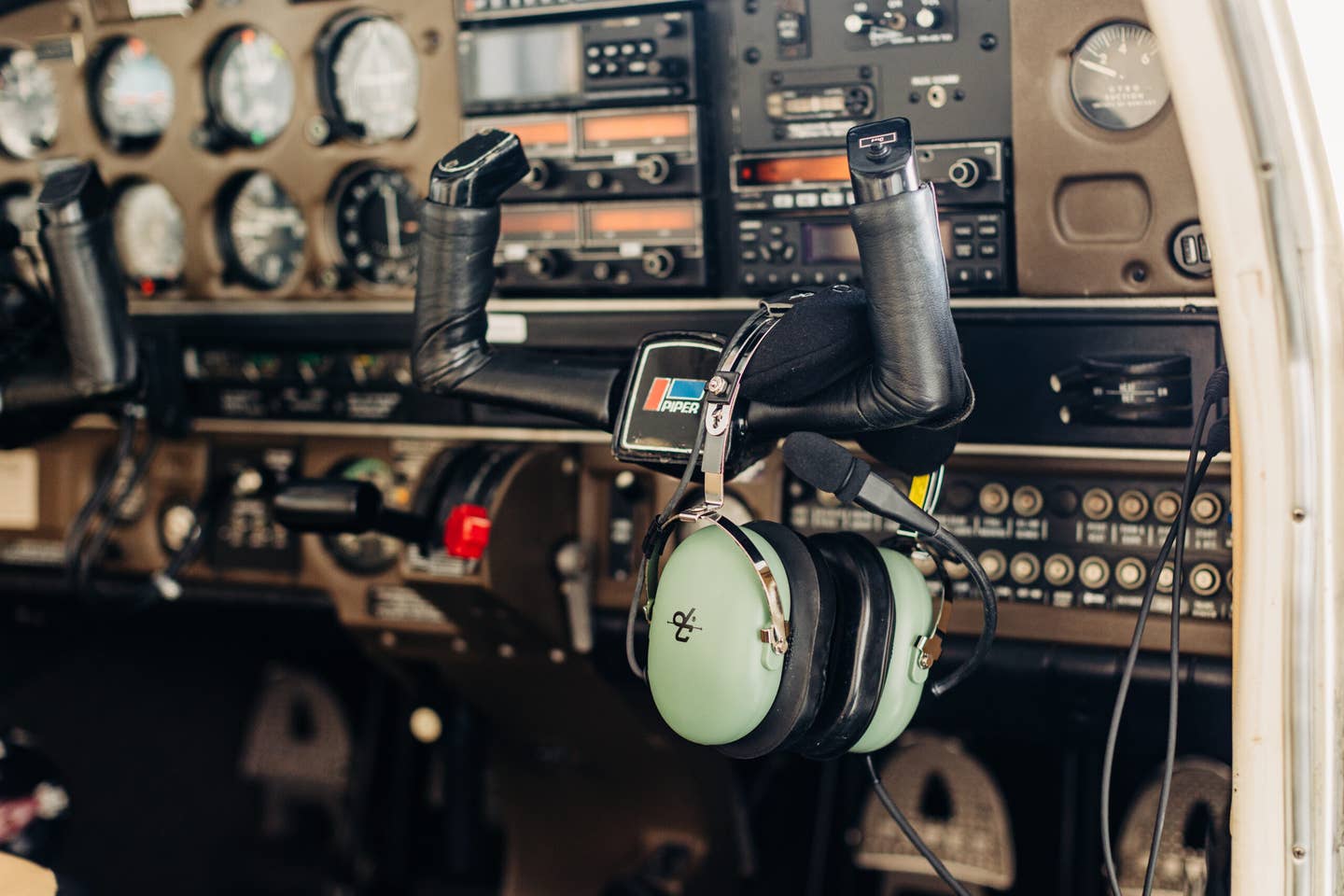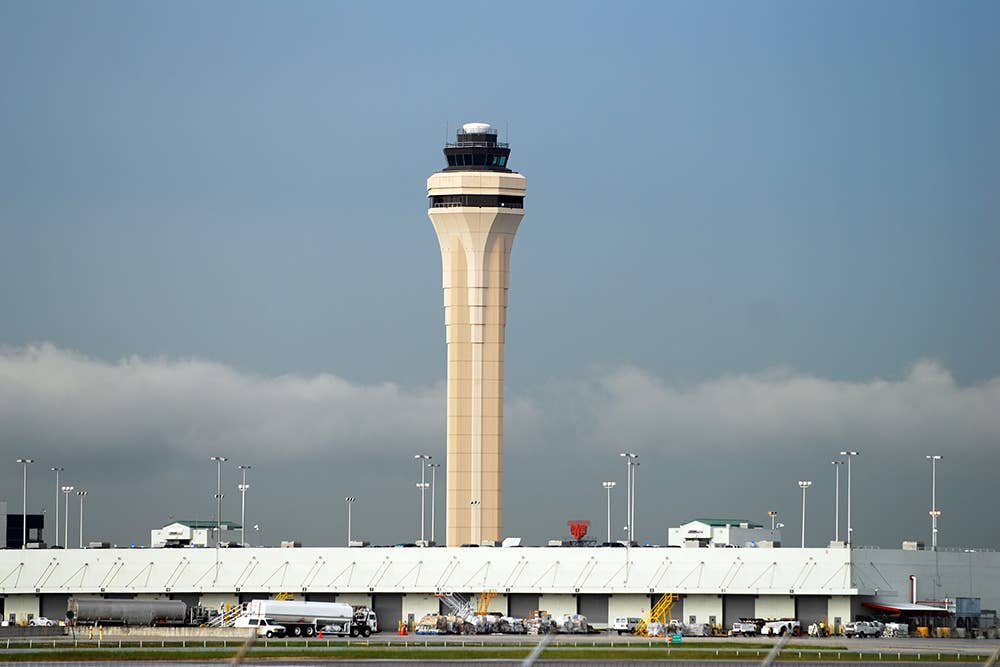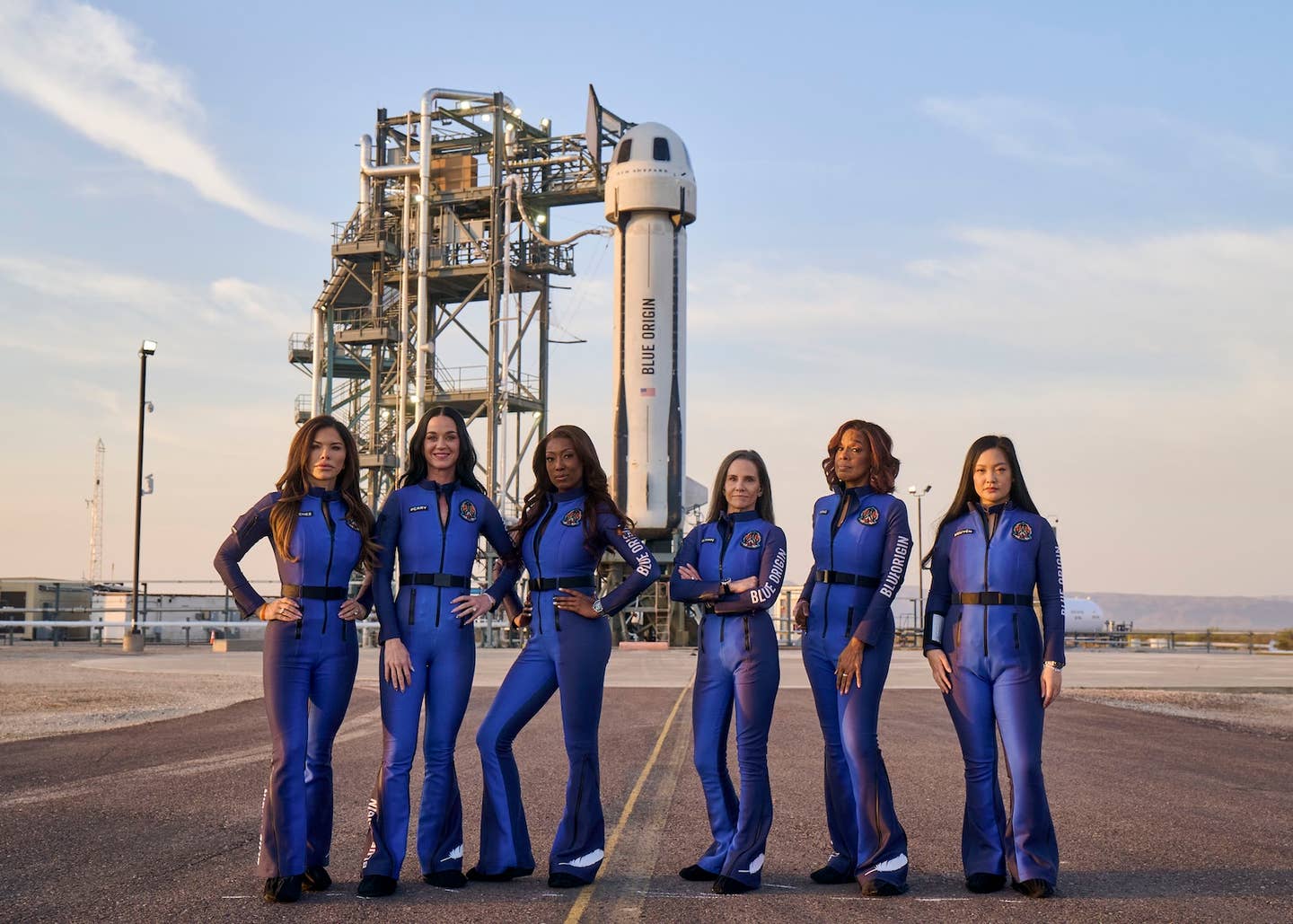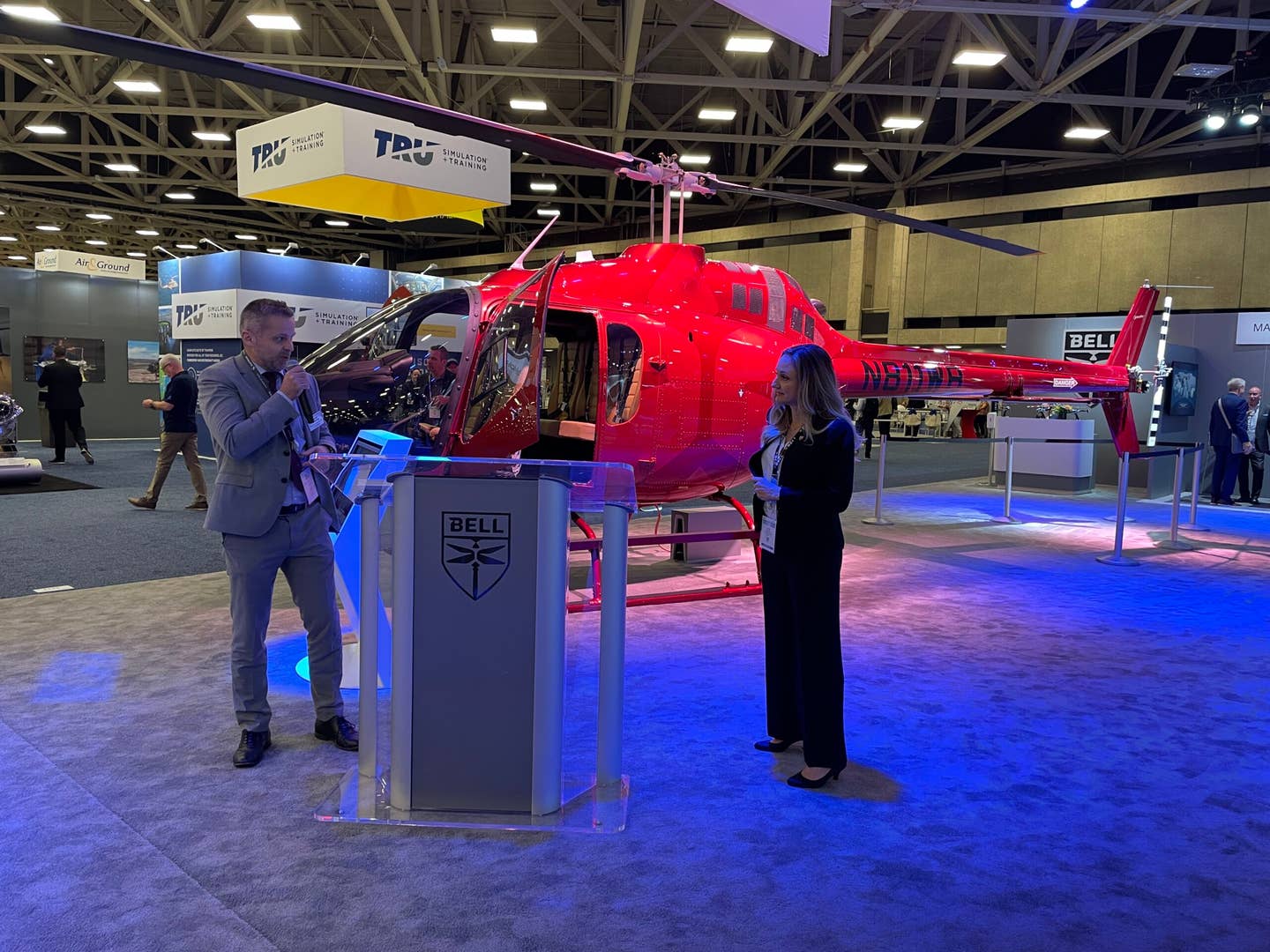
Linda Deslatte, vice president of commercial programs for Bell joined Safran Helicopter Engines executive vice president of programs Bruno Bellanger in announcing the introduction of SAF into the Bell 505. [Photo: Julie Boatman]
It’s our collective responsibility to keep driving toward a sustainable future—that was a key message that cut across many rotorcraft manufacturers participating in the 2022 Helicopter Association International Heli-Expo, from the “Meet the Regulators” opening session on Tuesday to partnership announcements such as that between Bell Helicopter and Safran on the use of sustainable aviation fuel in the Bell 505 on Wednesday at the show.
Linda Deslatte, vice president of commercial programs for Bell joined Safran Helicopter Engines executive vice president of programs Bruno Bellanger in making the announcement.
“It is our responsibility to support the aircraft of today and the aircraft of the future. It is our responsibility now more than ever to keep innovating and to keep providing better solutions for our customers, our products, and our planet.
“Our collaboration with Safran is key to that success.”
Bellanger noted that Safran’s engagement in sustainability is based on three main pillars: the pursuit of best efficiency and fuels to use, hybridization to marry a traditional powerplant with an electrical component, and the use of SAF. He anticipated an initial blend of 50 percent SAF, with a target to reach 100 percent in short order.
The 505—Beyond the Jet Ranger
With its origins in the storied 206B Jet Ranger, the 505 uses Safran’s (was Turbomeca’s) Arrius 2R powerplant, with takeoff power at 505 shp (shaft horsepower) and max continuous power at 459 shp. The Arrius 2R is controlled via FADEC (full authority digital engine control). Up front, the 505 panel features the Garmin G1000H NXi integrated flight deck with these flight display options:
- Traffic advisory system (TAS)
- Helicopter terrain awareness and warning system
- Helicopter synthetic vision technology
- Pathway in the sky display
Bell’s 2021 Shipments Spring Back
The five-place 505 leads Bell’s reported delivery figures for 2021 at 63 units, taking the top spot from the 407 series, which sold 54 units in 2020, according to the reports released by the General Aviation Manufacturers Association (GAMA) for those years.
Bell’s civilian helicopter models shipped include the:
- Bell 505 (single-engine turbine): 63 units
- Bell 407/407GXi (single-engine turbine): 56 units
- Bell 429/429WLG (twin-engine turbine): 30 units
- Bell 412EP/412EPI (twin-engine turbine): 7 units
With a total of 156 units shipped—plus 7 Huey IIs—the figures represent a positive trend from 2020, which saw 140 total deliveries. That was down from 199 of those four model series shipped in 2019—when the 505 chalked up 101 deliveries. Total billings for Bell in 2021 topped $691 million.

Sign-up for newsletters & special offers!
Get the latest FLYING stories & special offers delivered directly to your inbox

